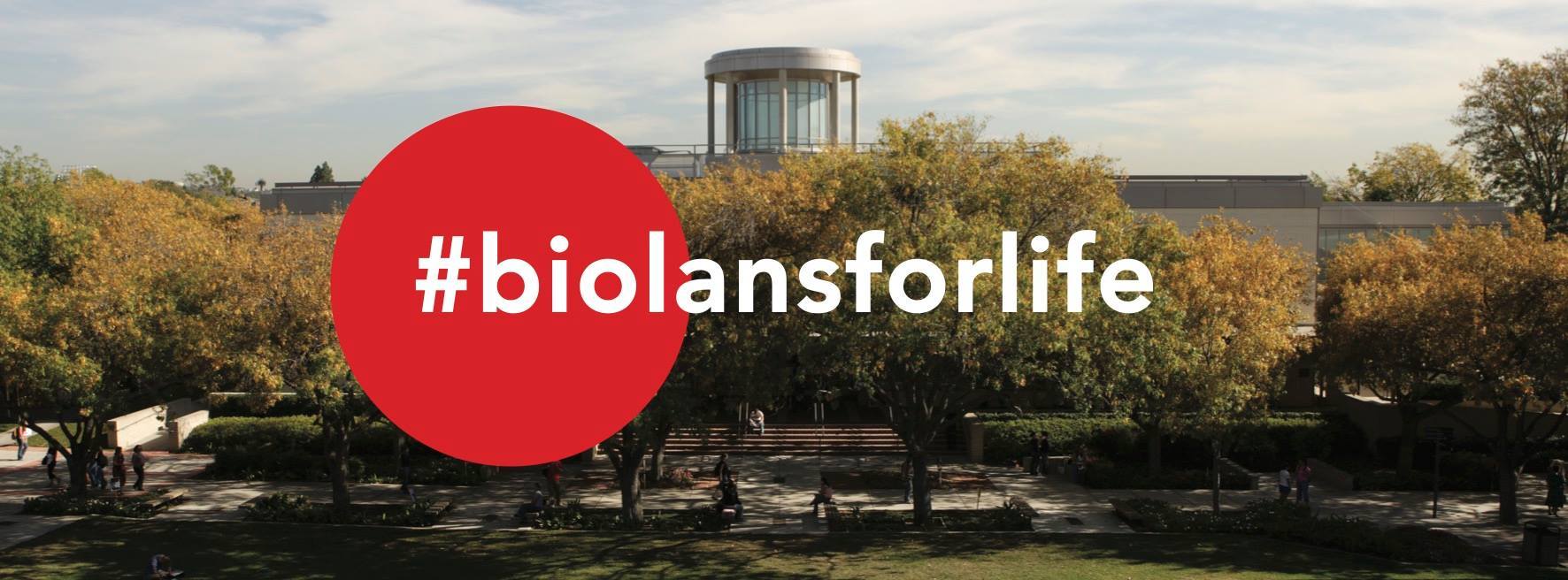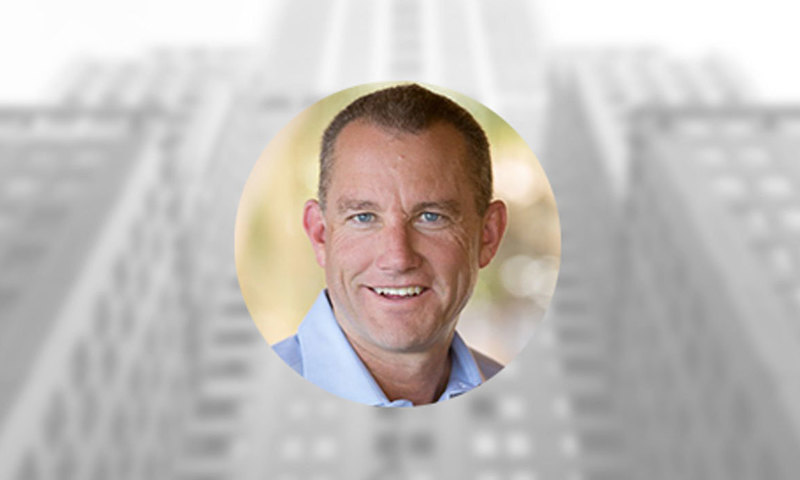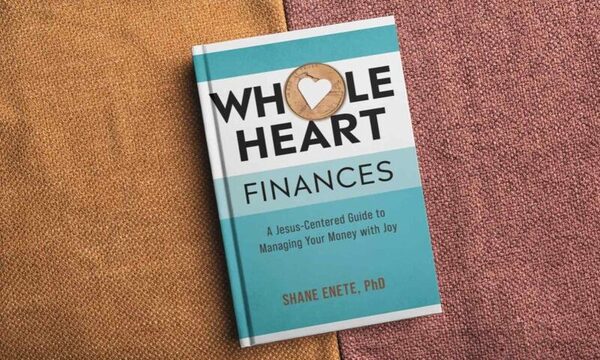I felt led that Biola was the right place for me, and God made that clear in my very first freshman class, Principals of Accounting I. The professor had us raise our hands to see how many students were general business majors, and how many had an emphasis (I was general business). He then talked about the importance of “standing out” and “establishing unique skills,” as when we graduate, we would be competing for jobs with general business majors from all across the country. He then said, “you are going to be here for four years anyway; you may as well do things that help you stand out from the crowd, like choose a marketing emphasis or accounting emphasis, and getting the best grades possible.” Made sense to me. I left that class and changed to an accounting emphasis, and felt a desire to get the best grades that I could.
I was fortunate to have many professors at Biola that cared about the students and their success outside of the classroom. Professors’ office hours are where I got to know them and learn a ton from them. In fact, at the office hours of my last class at Biola, the professor asked me, “So, what about getting a Master’s degree?” I quickly informed him that I already had a job lined up and was getting married to Becky in two months. He replied with, “Well, I will leave you with this: I hear a lot of people say that they wish they would have obtained higher education, but I have never heard anyone say that it was a waste of time.” I replied with "Checkmate".
So, after working as a CPA at Peat Marwick (now KPMG) for 3 years, I attended USC for a Master’s in Real Estate Finance.
My parents worked in the real estate industry within sales, rental properties, and small home development, and I was able to perform some audits of financial institutions while at Peat Marwick. There was a relatively small recession in 1992, so I started a small REO asset management company. In 1999 I felt like “God has to have some more plans for me in business.” In the search for “the next step,” I would pray for guidance, then read the Wall Street Journal, hoping that God would speak. It was a strange way to do “daily devotions,” but it worked! Through the seeking process, it became clear that there was a need to better utilize technology within my own industry. So, I hired a technology expert and began developing software. The software proved to be so efficient, stable, and robust that it created a huge competitive advantage in the property valuations/analytics/data space, becoming what is now Clear Capital.
Clear Capital employs over 500 people and earns over $160 million a year in revenue. God has blessed us with steady profitability; we have no corporate debt and no outside investors. Our management team is 100% bought-in that “it is our job to create ‘wins’ for all of the stakeholders around us.” Our customers must win, our staff must win, our vendors must win, and, in the process, the company will win.
God loves people, and it seems to sure work for Him. So, why not focus on loving people in business? Our first Clear Capital recruiting ad was in the local Tahoe newspaper that said, “Clear Capital, looking for nice people.” When folks called in, we explained that we can teach you Excel spreadsheet skills, but we can’t teach nice. Eighteen years later, we still have the hardest working and nicest staff that truly care about our customers and the people working around them. And, if we treat the people on the phone in a way that expresses our true appreciation for them, they will naturally feel better about themselves, and treat all the people around them a little better that day, so the positive impact on people becomes exponential.
Those Biola professors sure had an exponential effect on me, my family, and my business, and I will forever be grateful.

 ΩÒ»’∫⁄¡œ
ΩÒ»’∫⁄¡œ

.jpg)
.jpg)

